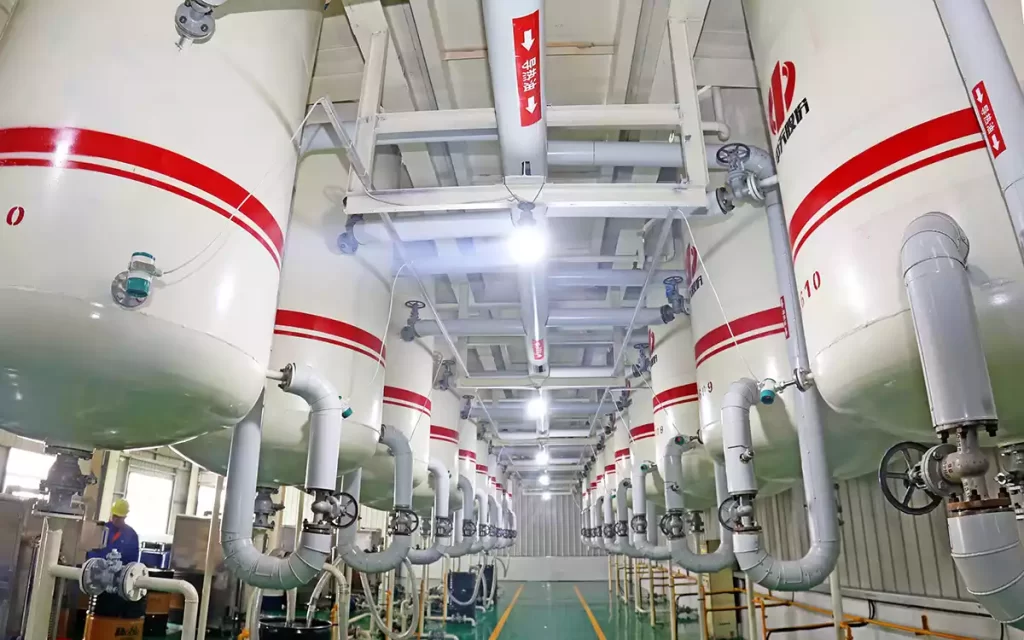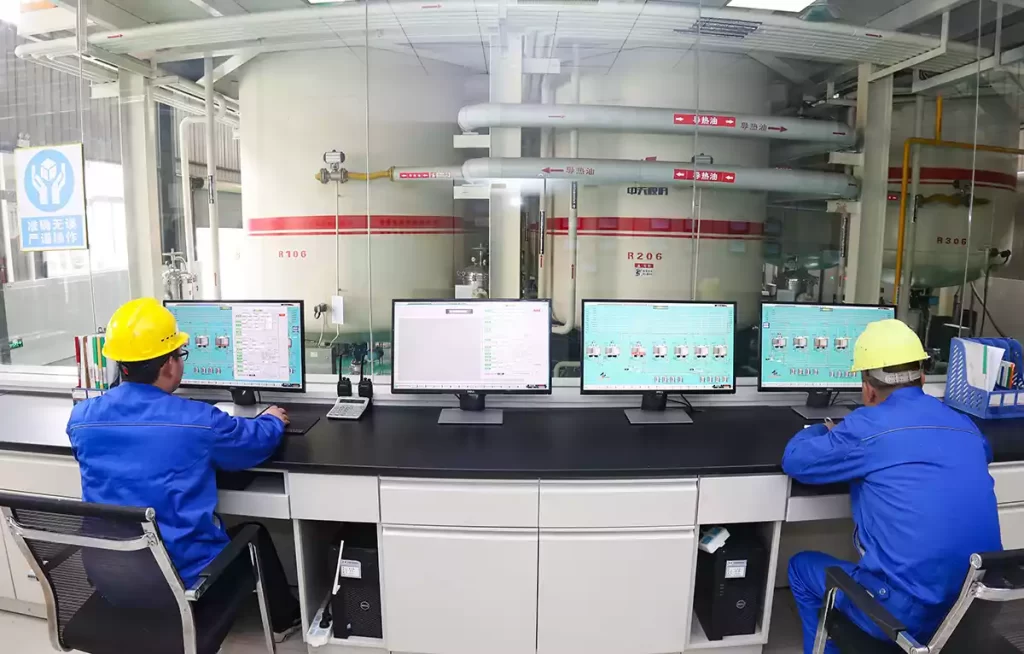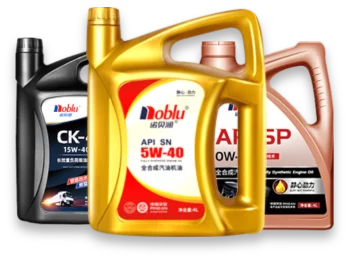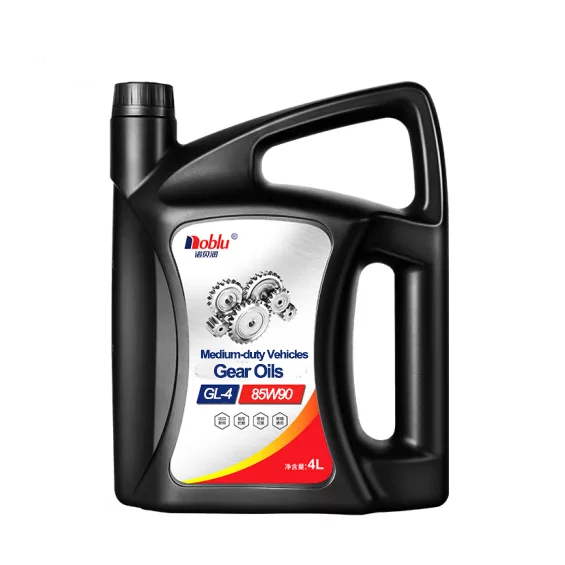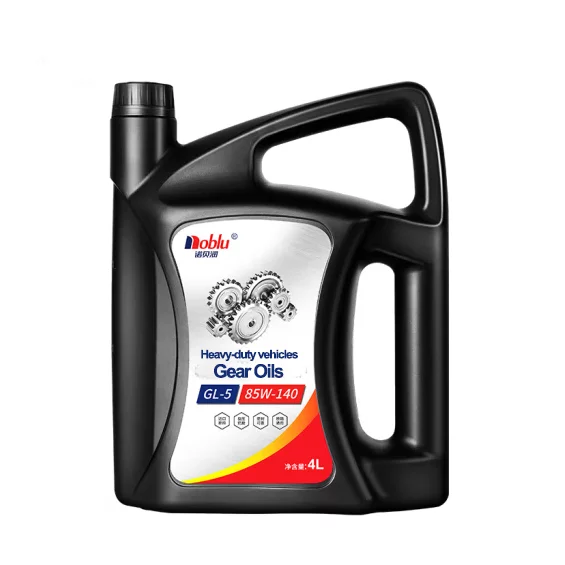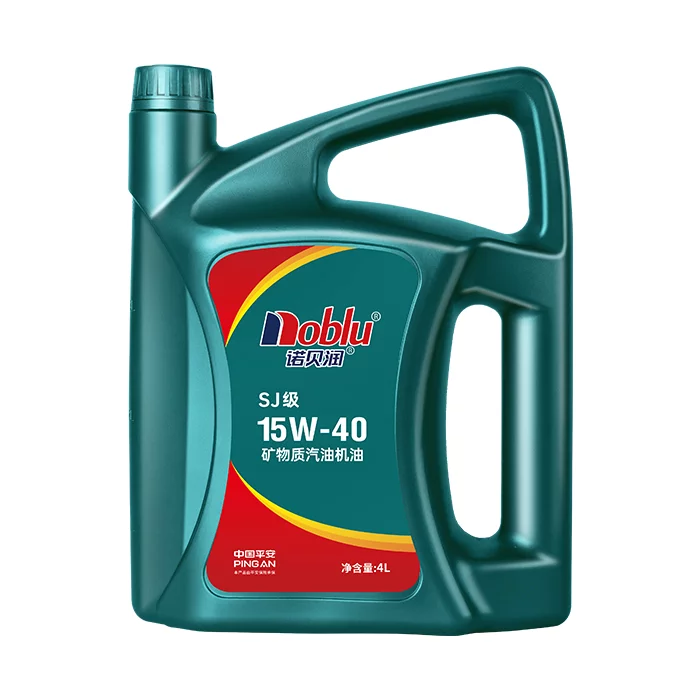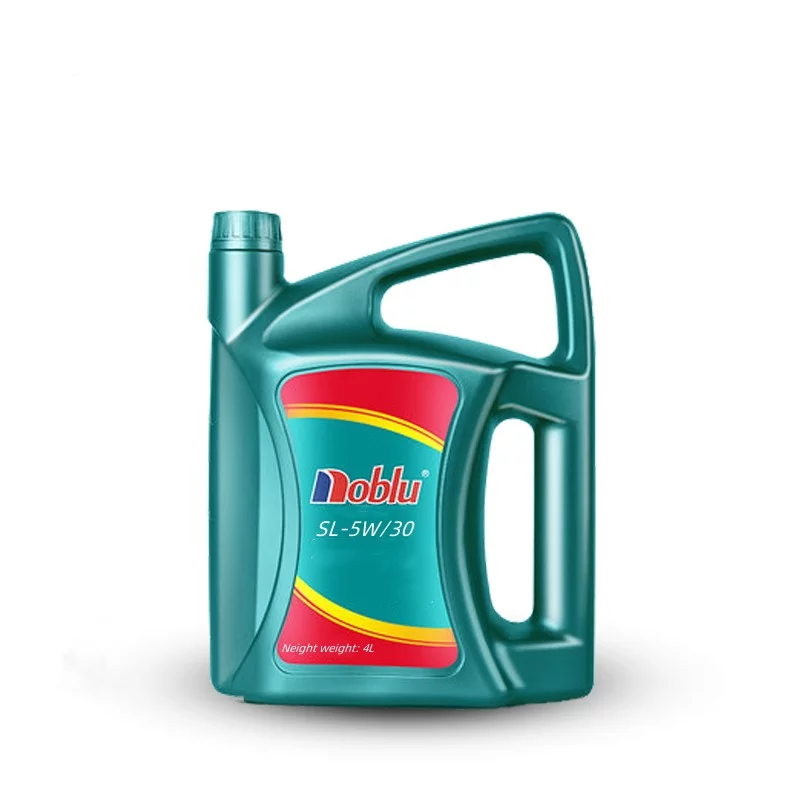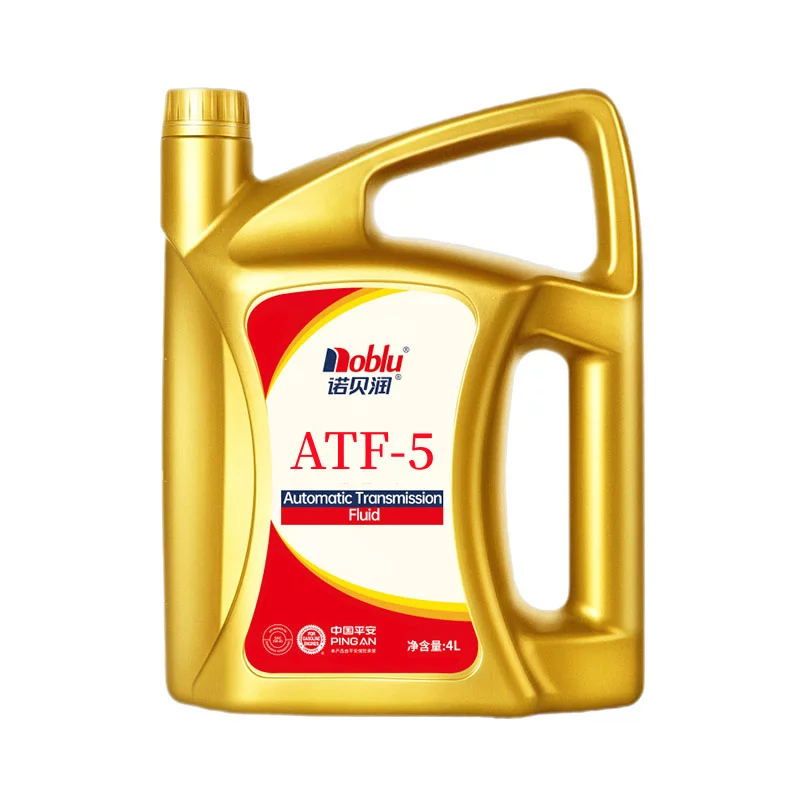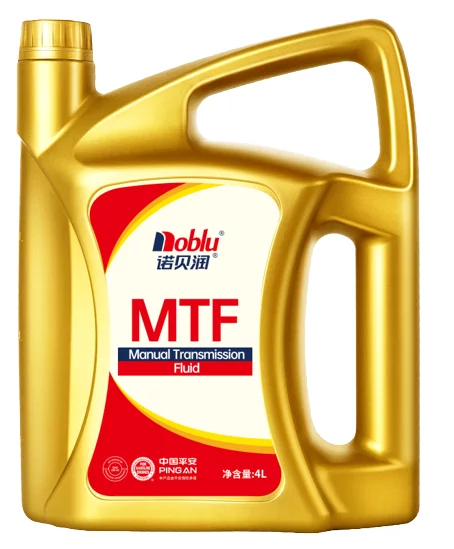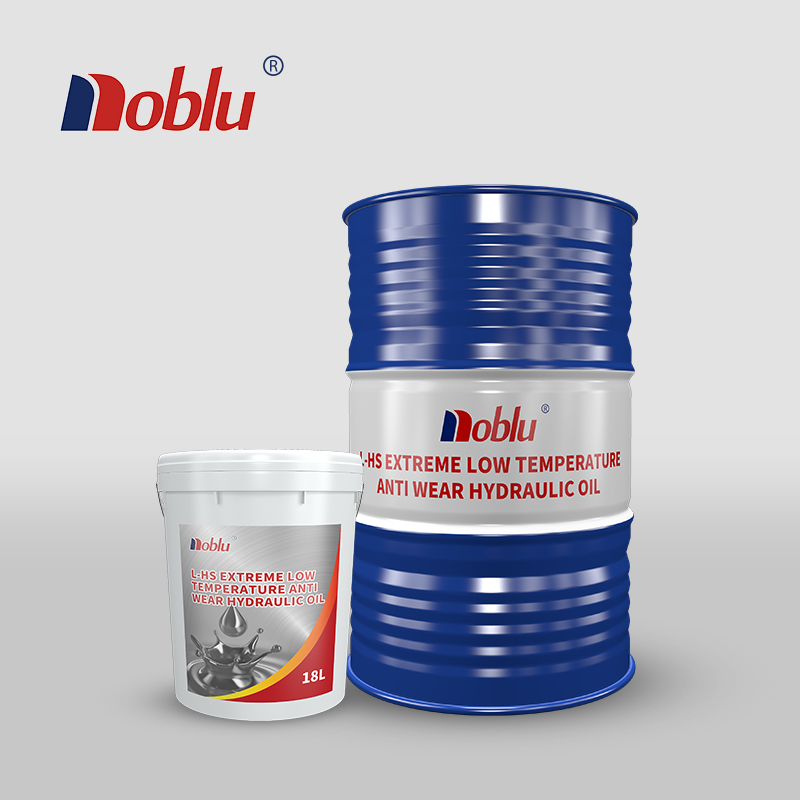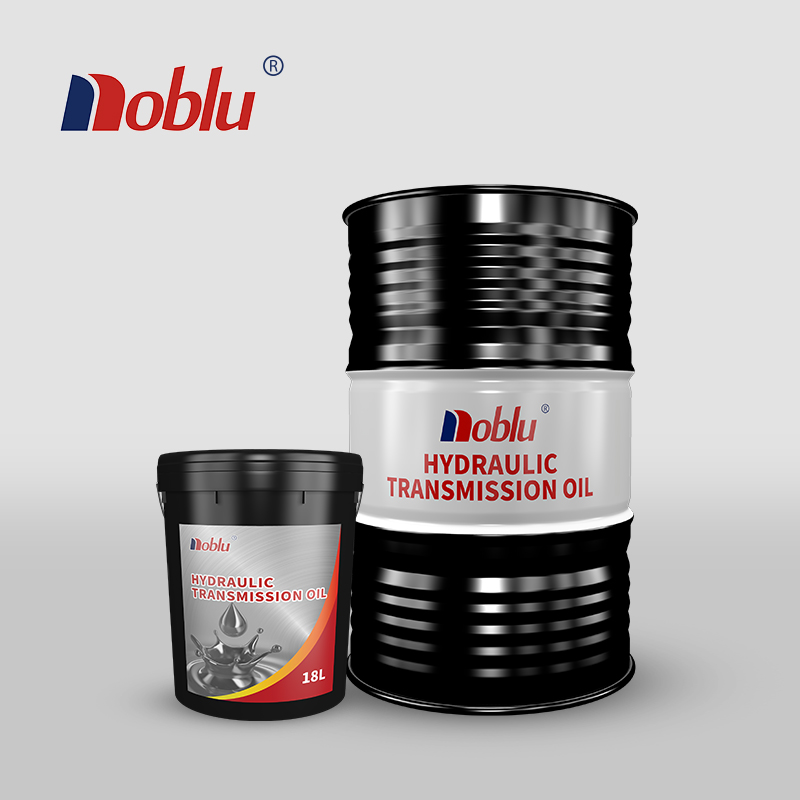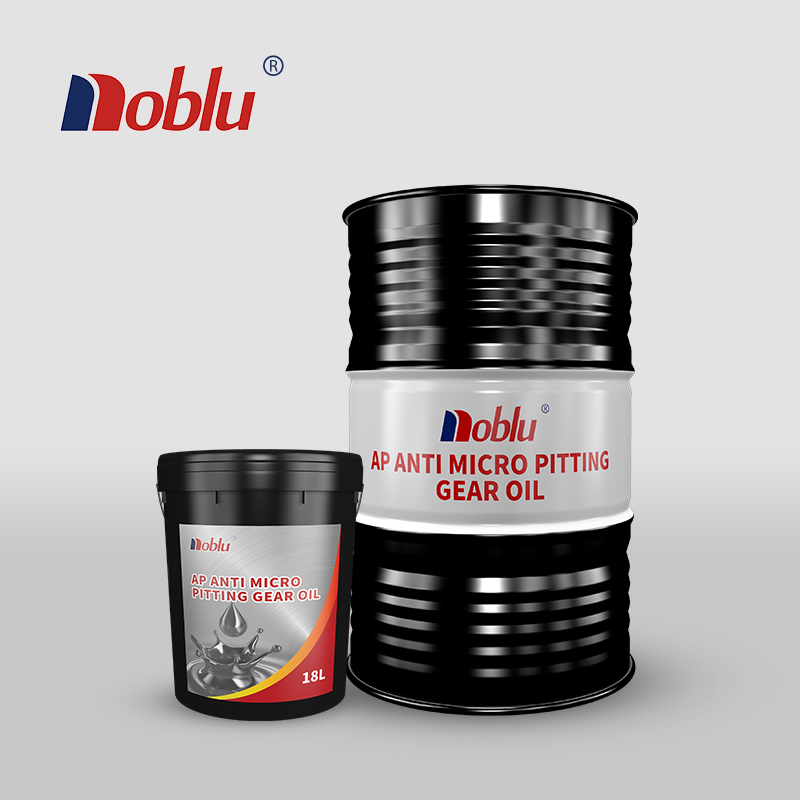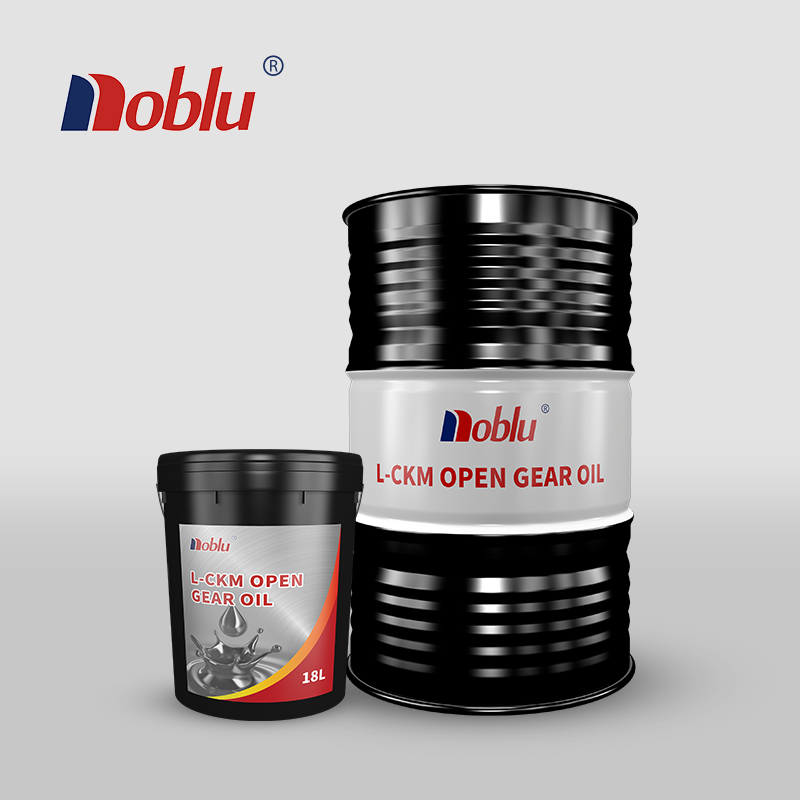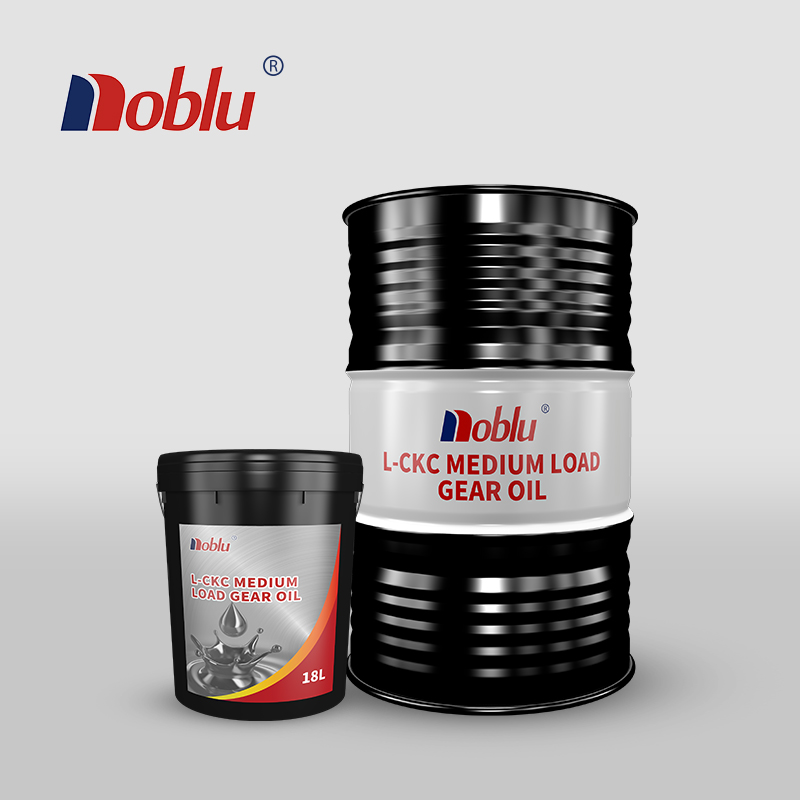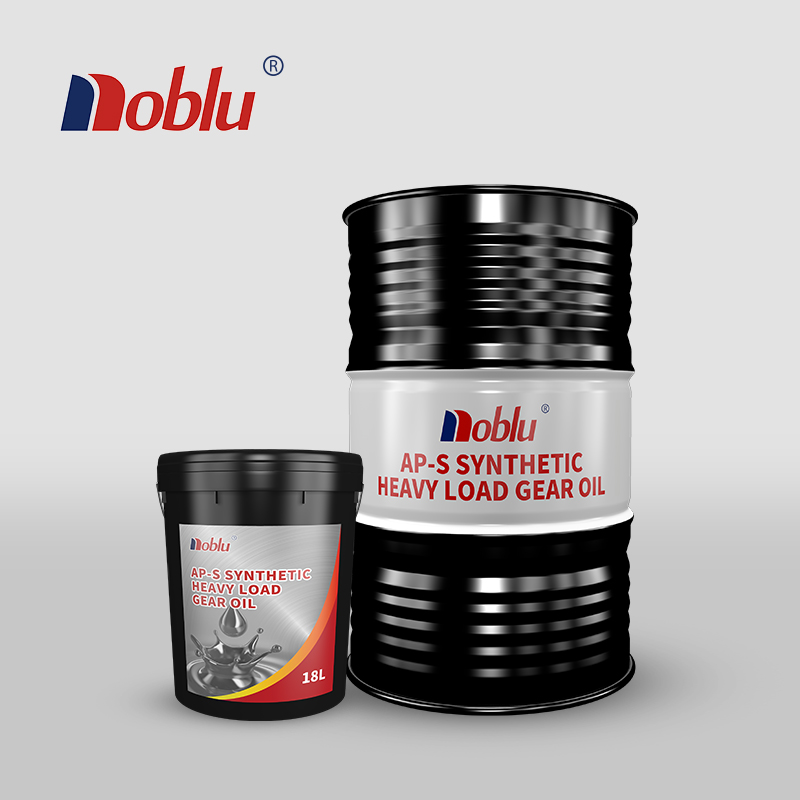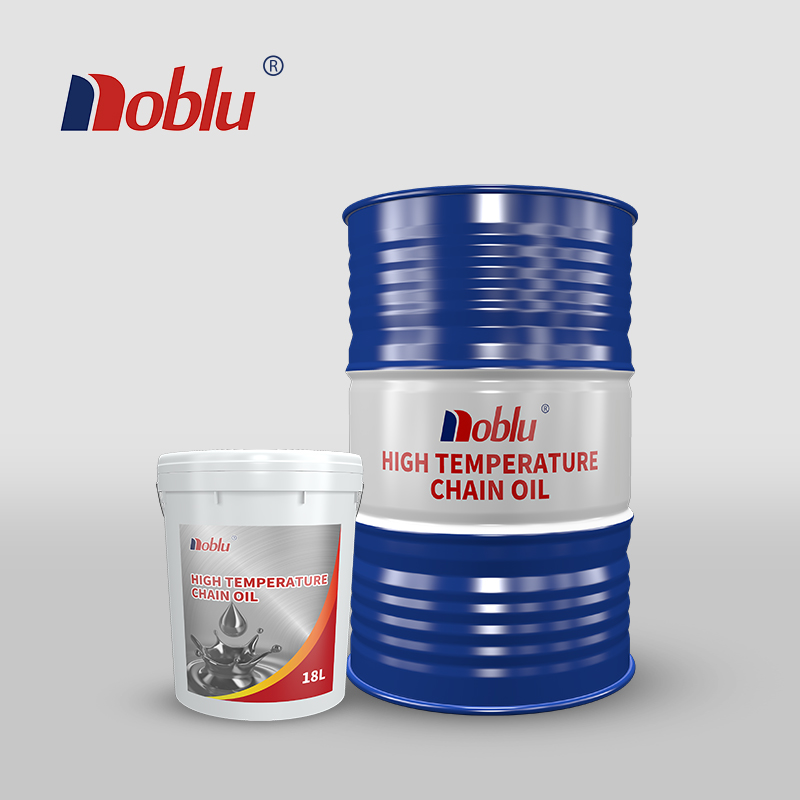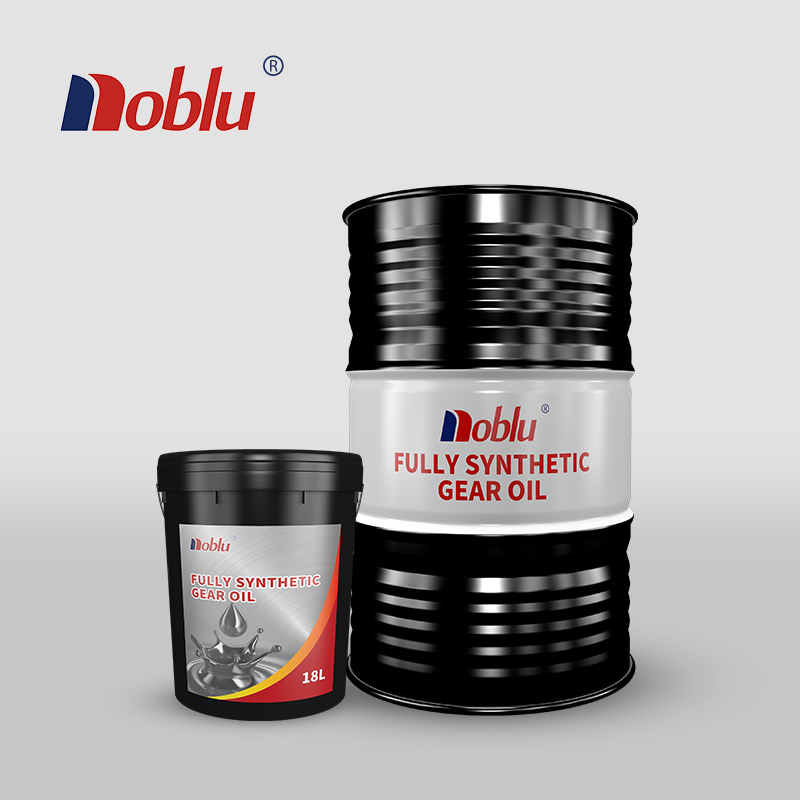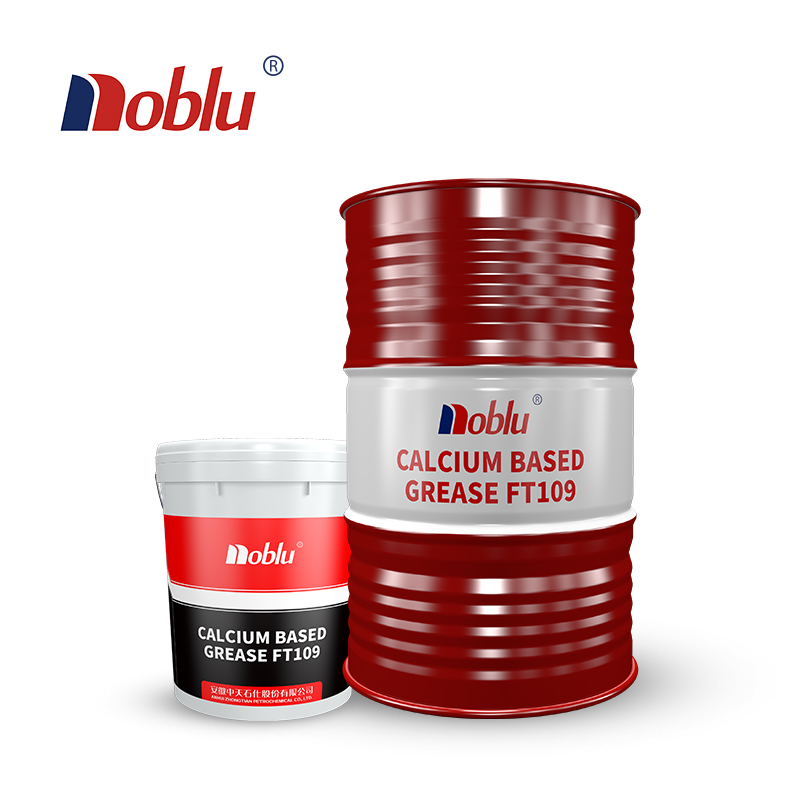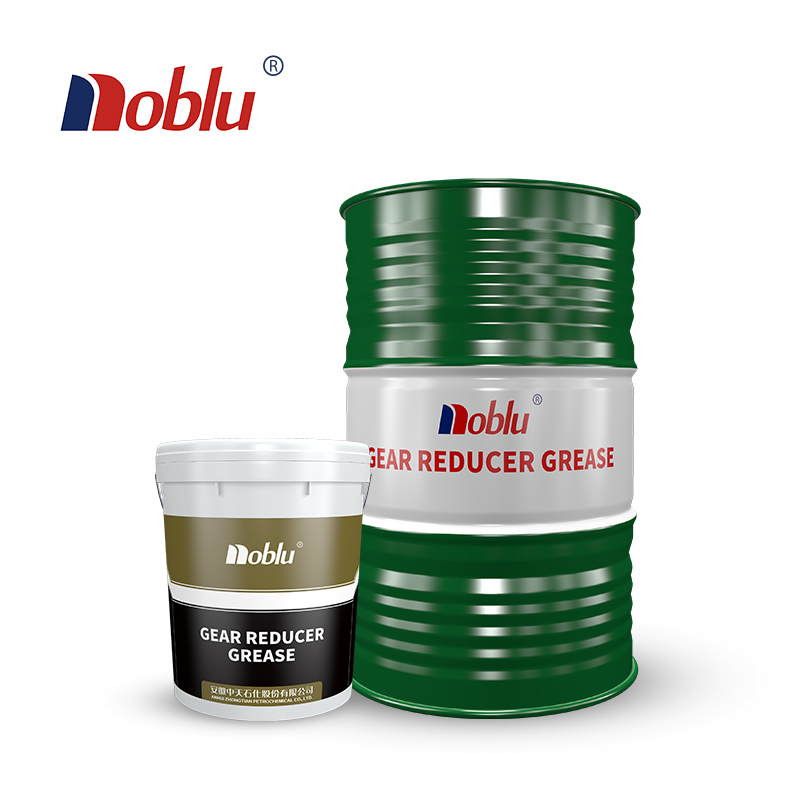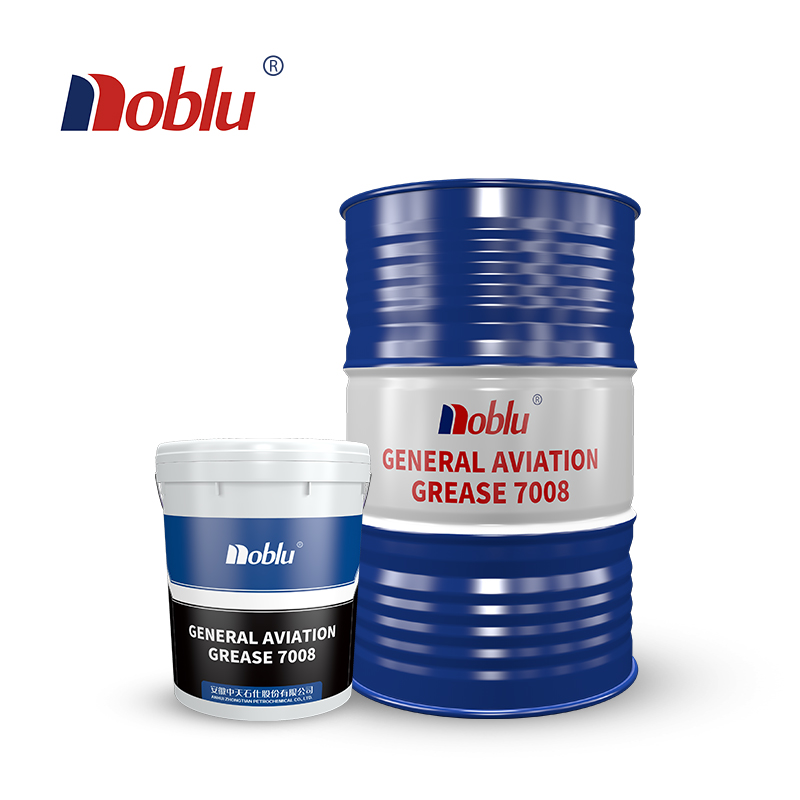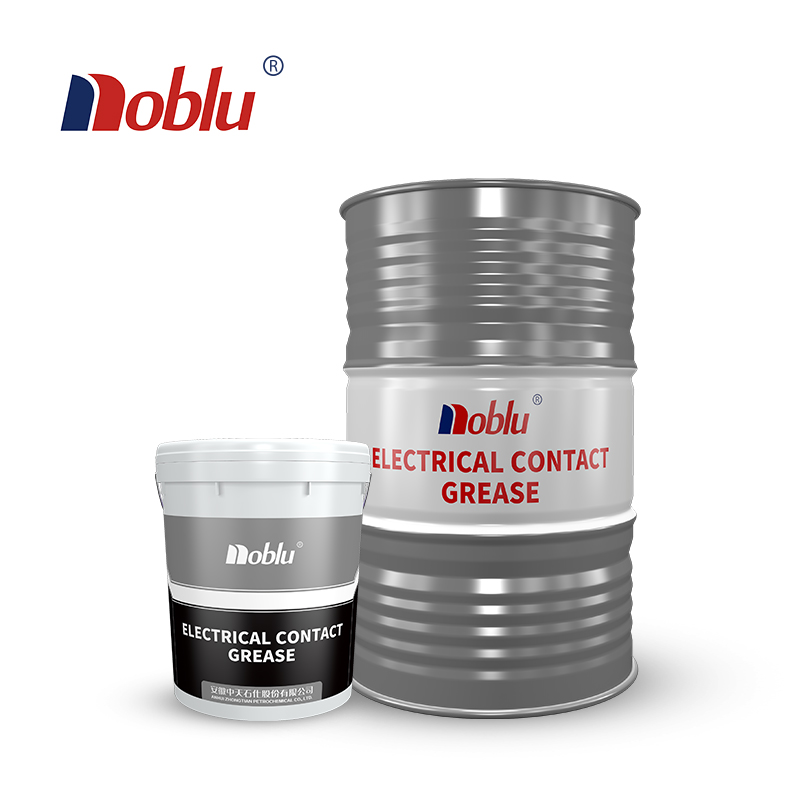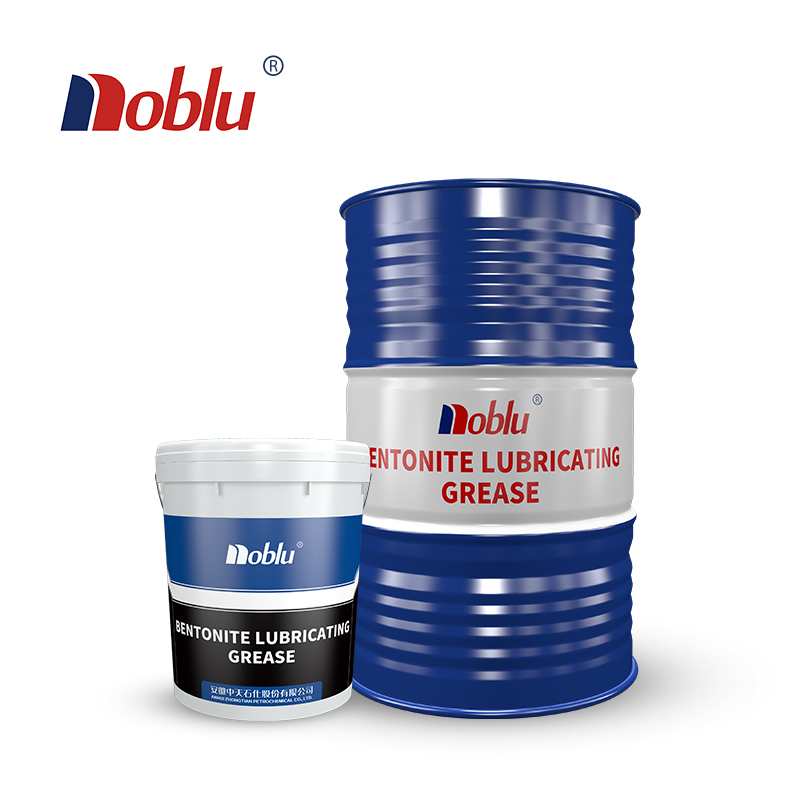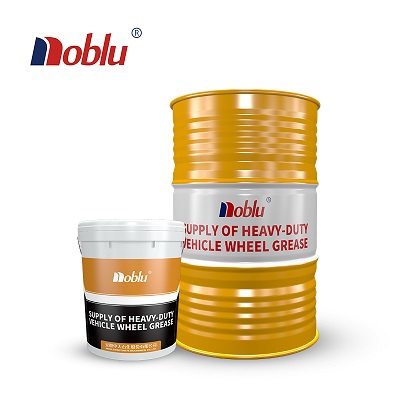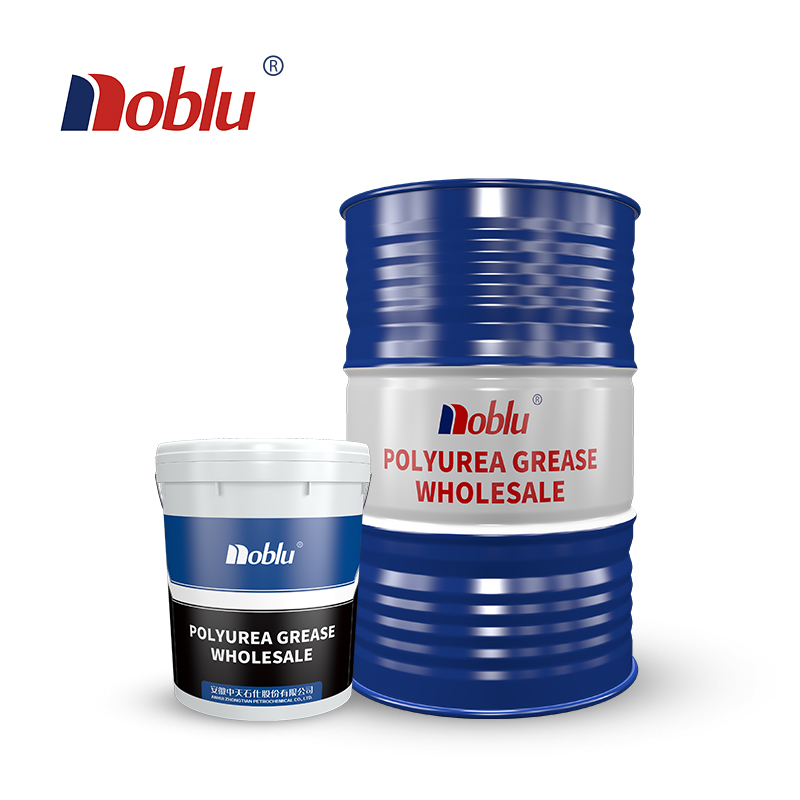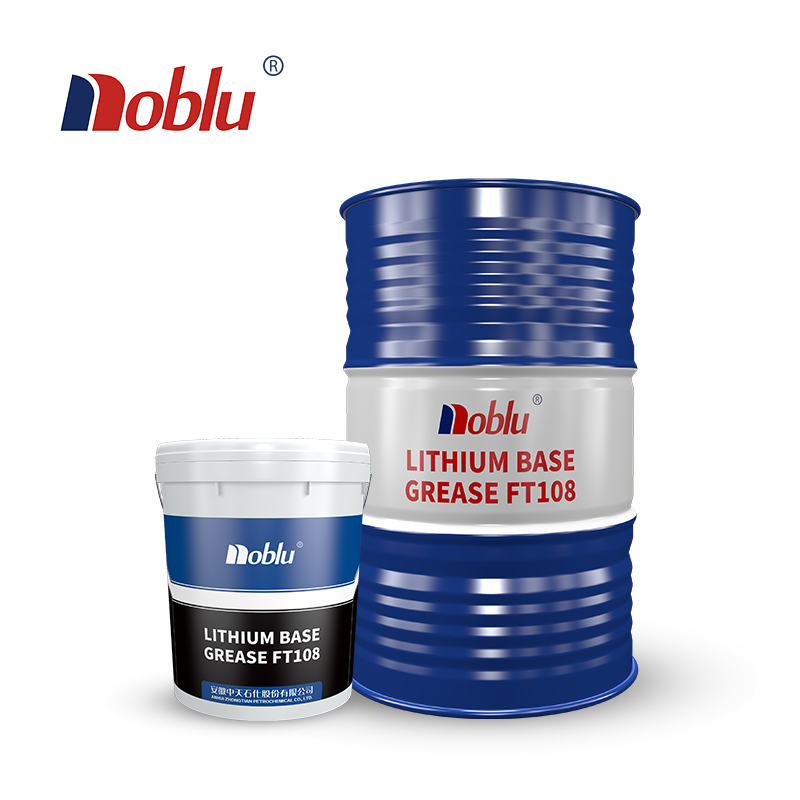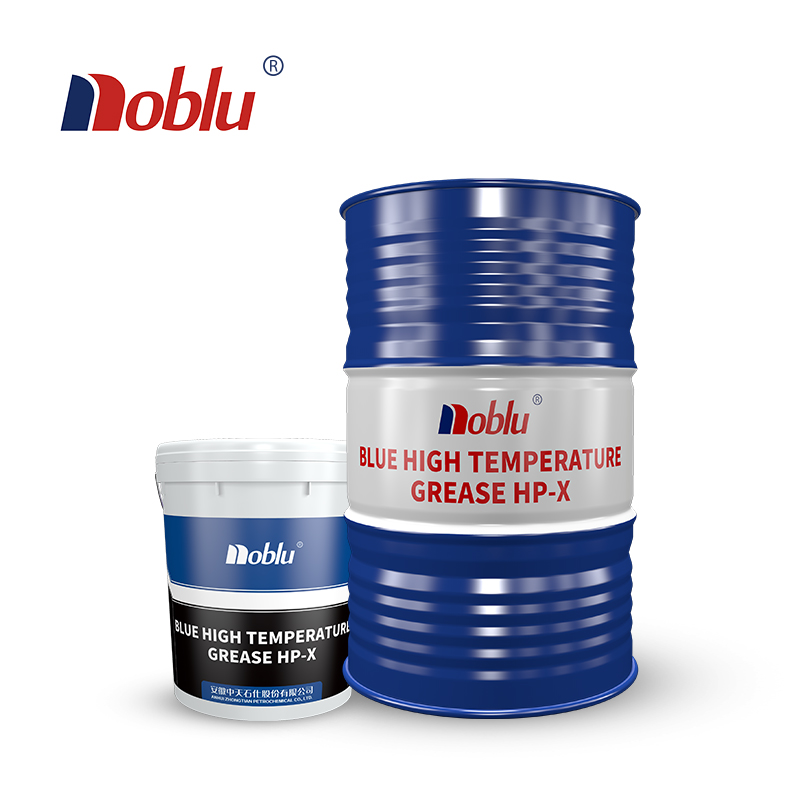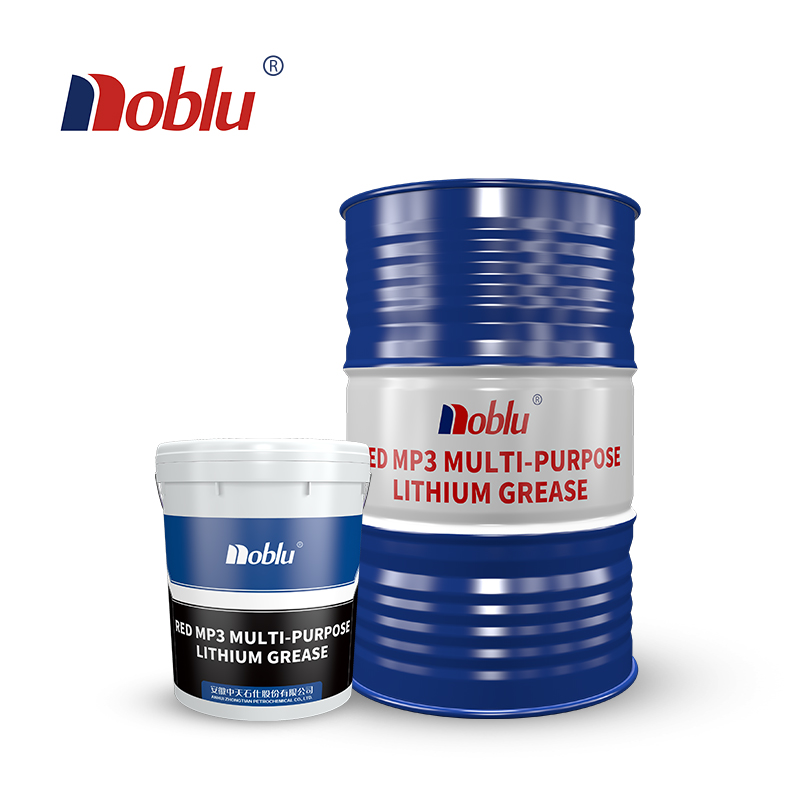Grease plays a crucial role in providing lubrication and protection to various mechanical components, including bearings, gears, and joints. However, choosing the right grease can be challenging, as it depends on several factors such as the application, operating conditions, and specific requirements. This article aims to provide a comprehensive guide to help you select the appropriate グリース for your needs.
1. Understand Your Application:
- Before choosing a grease, it's essential to have a clear understanding of your application. Consider factors such as load, speed, temperature, environment (e.g., moisture, dust, or chemicals), and the type of equipment involved. Different applications may require greases with specific properties to ensure optimal performance and longevity.
2. Consistency and NLGI Grade:
- Grease consistency refers to its hardness or softness. The National Lubricating Grease Institute (NLGI) developed a grading system ranging from 000 (fluid) to 6 (hard block). The consistency required depends on factors like bearing type, speed, and ambient temperature. Low speeds or high temperatures typically call for softer consistency, while higher speeds or lower temperatures may require firmer consistency.
3. ベースオイル:
- The base oil is a crucial component of grease and influences its performance. Common base oils include mineral oil, synthetic oil, and vegetable oil. Mineral oil is cost-effective and versatile, suitable for general-purpose applications. Synthetic oils offer better stability and performance in extreme conditions, including high temperatures, heavy loads, or high speeds.
4. 増粘剤:
- The thickener gives grease its semi-solid or solid structure. Lithium-based thickeners are popular due to their compatibility, water resistance, and good temperature tolerance. Other common thickeners include calcium, aluminum, polyurea, and complex soap. The choice of thickener depends on factors such as temperature range, water resistance, and compatibility with other lubricants.
5. Additives:
- Additives are incorporated into grease formulations to enhance specific properties. Common additives include antioxidants, corrosion inhibitors, extreme pressure additives, and anti-wear agents. Consider if your application requires any specialized additives based on its unique requirements, such as high loads or exposure to harsh environments.
6. 互換性:
- Ensure compatibility between the selected grease and the equipment materials. Some greases may adversely react with certain plastics, elastomers, or metals. Check the manufacturer's recommendations, consult equipment manuals, or seek professional advice to avoid any compatibility issues that could lead to premature failure or damage.
7. Manufacturer Recommendations:
- Always refer to the equipment manufacturer's guidelines and recommendations for grease selection. They often provide specific information tailored to their products and applications. Following these recommendations helps ensure optimal equipment performance, longevity, and warranty compliance.
8. Relubrication Intervals:
- Consider the relubrication intervals recommended by the equipment manufacturer. Factors like operating conditions, load, and speed influence the frequency of relubrication. Regular maintenance and appropriate relubrication schedules prolong the lifespan of equipment and minimize chances of failure.
9. Environmental Impact:
- When environmental impact is a concern, select greases that are biodegradable, eco-friendly, or have low toxicity. These greases help minimize harm to the environment and comply with regulations in environmentally sensitive areas. In certain applications, such as those involving food processing, marine environments, or environmentally sensitive areas, it is crucial to choose greases with appropriate certifications like NSF H1 for food-grade applications or environmentally friendly formulations.
10. Operating Temperature Range:
- Consider the temperature range in which the equipment will operate. It is essential to choose a grease that can withstand the anticipated high or low temperatures without losing its lubricating properties. High-temperature greases typically have additives to improve thermal stability, while low-temperature greases remain fluid at cold temperatures.
11. Speed Rating:
- The speed at which the equipment operates influences the choice of grease. High-speed applications require greases with lower viscosity to reduce internal friction and prevent overheating. Conversely, low-speed applications may benefit from higher viscosity greases to provide better lubrication and load-carrying capabilities.
12. Load-Carrying Capacity:
- Evaluate the anticipated loads that the equipment will experience. Heavy loads often require greases with extreme pressure (EP) additives or solid lubricants to protect against wear and provide sufficient film strength. EP additives form a protective layer on metal surfaces, preventing direct contact between surfaces under high loads.
13. 耐水性:
- If the equipment operates in wet or humid conditions, or encounters water contamination, choosing a grease with good water resistance is crucial. Greases with excellent water resistance properties help prevent corrosion, washout, and maintain their lubricating abilities even in the presence of moisture.
14. Noise and Vibration Reduction:
- In applications where noise and vibration reduction are critical, consider selecting specialty greases designed for such purposes. These greases often contain additives that dampen vibrations and reduce noise generation, resulting in quieter and smoother operation.
15. Longevity and Stability:
- Evaluate the intended service life of the equipment between maintenance intervals. Greases with good oxidation stability and longer service life reduce the frequency of relubrication and maintenance downtime. Consider greases with extended lubrication intervals to enhance overall efficiency and reduce operational costs.
16. Storage and Handling:
- Consider the storage and handling requirements of the chosen grease. Some greases may require specific storage conditions to maintain their performance properties. Ensure proper sealing, temperature control, and adherence to expiration dates to prevent degradation or contamination.
17. Testing and Analysis:
- For critical applications or challenging operating conditions, it may be beneficial to perform grease testing and analysis. This helps evaluate the suitability and performance of different greases under specific conditions, ensuring optimal selection based on empirical data.
18. Documentation and Record Keeping:
- Maintain records of the selected greases, application details, relubrication schedules, and any maintenance procedures performed. Proper documentation allows for easy reference, tracking, and analysis of equipment performance, facilitating continuous improvement in lubrication practices.
19. Continuous Evaluation and Monitoring:
- Regularly monitor equipment performance, grease condition, and changes in operating conditions. Perform routine inspections, oil analysis, or grease sampling to detect any signs of abnormal wear, contamination, or degradation. Continuous evaluation helps identify potential issues early and allows for adjustments in lubrication strategies if needed.
Choosing the right grease for your application is vital to ensure proper lubrication, prevent premature wear, and maximize equipment performance.
By considering factors such as application requirements, consistency, base oil, thickener, additives, compatibility, manufacturer recommendations, relubrication intervals,
and environmental considerations, you can make an informed decision. When in doubt, consult with lubrication experts or equipment manufacturers for personalized
guidance based on your specific needs. Remember, proper grease selection and maintenance contribute significantly to the overall reliability and efficiency of your
equipment. For expert and tailored lubricant selection advice, we invite you to contact Zhong Tian Petrochemical.
Our team is dedicated to providing the best possible service and solutions for your needs.

